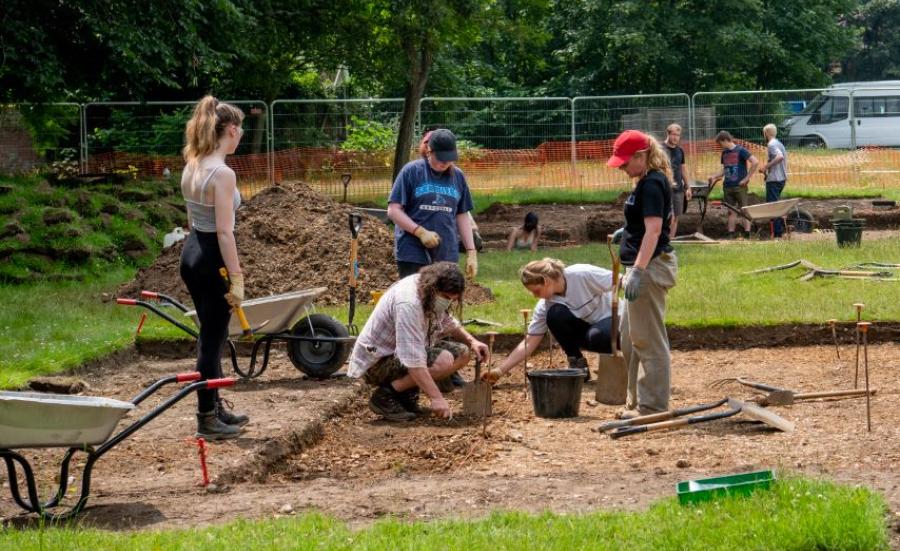Archaeology



On our archaeology courses, you’ll carry out fieldwork including excavations at sites in the UK or abroad. Learn the latest theories and techniques and explore underwater archaeology with our scientific diving module. Opportunities to study overseas give you the chance to immerse yourself in other cultures. At master’s level, specialise in the areas that interest you and apply for heritage work placements to boost your career.
If you're considering studying archaeology with us choose from a range of undergraduate and master's degrees. Make an original research contribution with our popular PhD programme.
Our PhD programme is one of the largest archaeology research degrees in the UK. You'll join a lively community with students from all over the world.


I study maritime archaeology to see what ships can tell us about innovation and social change. I'm also interested in the ethics of deepwater archaeology.

My focus is on human skeletons. I'm interested in learning about the human body to understand things like migration, diet and social structures of the past.

As a social and cultural anthropologist, I have conducted long-term ethnographic research on South Asian diaspora, migration, transnationalism, Hong Kong society and global India-China connections.